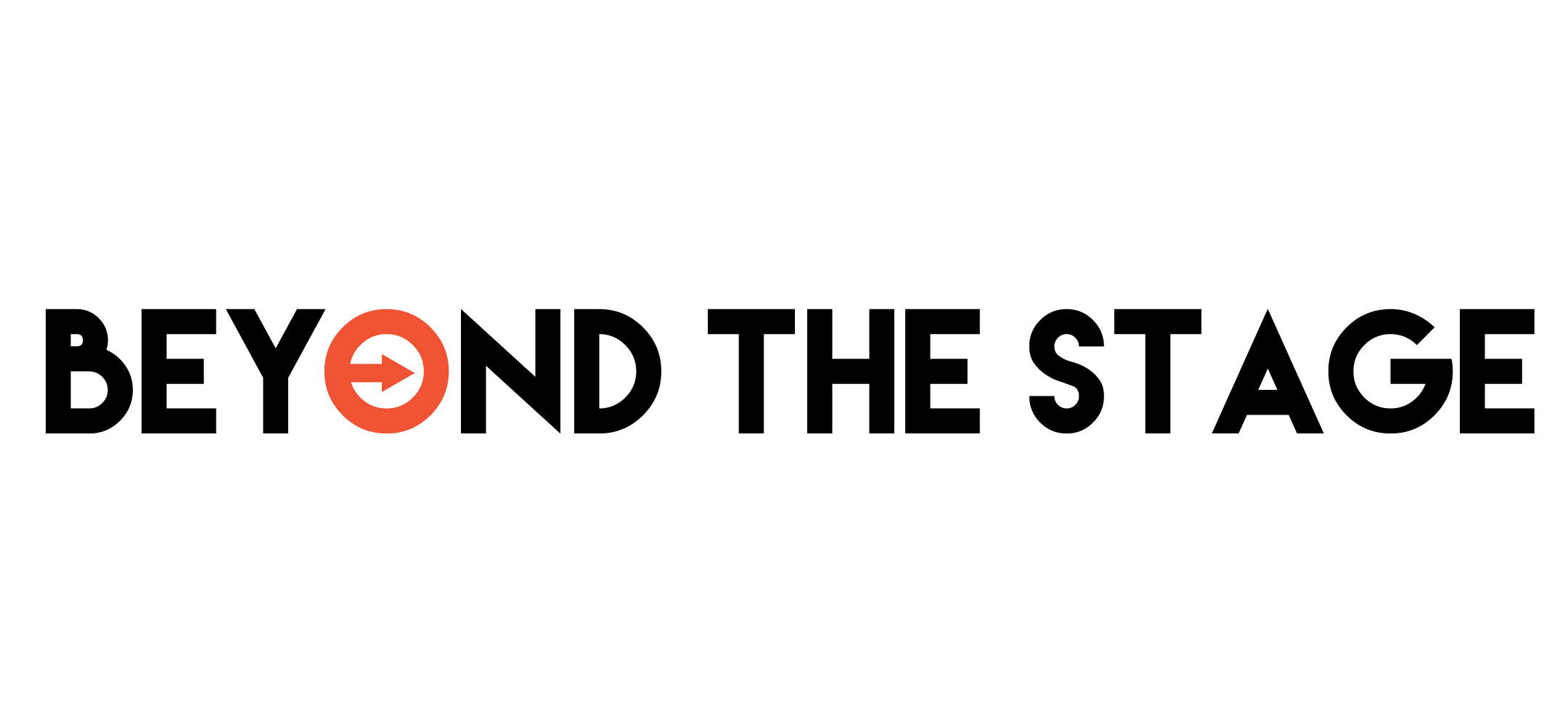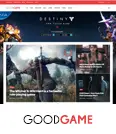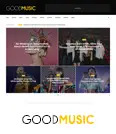We recently had the pleasure of speaking with Practice, an NYC-based indie artist. Practice is the solo project of Michael Tapper, who was formerly a drummer for We Are Scientists, Bishop Allen, Fool’s Gold and Yellow Ostrich. He has since released a few singles off of his debut album, Not a Game, which is set to release February 19th. His latest double single release, which includes the playful “I Don’t Need Love” along with “Failure of Imagination”, features an atmospheric synth instrumental paired with Tapper’s tranquil vocals. Check out what Practice had to say about his music and what’s next below!
BTS: How would you describe your music for someone who hasn’t heard it yet?
Practice: I think of my music as mood music for a dance party. It’s something you can put on and just dance if you feel like dancing, or you can listen to the words and introspect, if you’re feeling a bit moody and want to just chill on the couch.
From a musical standpoint, I think of it as a synthesis of decades of synthesizer music. When I was making this record, I delved into the history of synthesizer-based music, from the 60’s, 70’s, and 80’s. It’s such a wide range of music and genres, from the compositions and soundscapes of Tangerine Dream, Klaus Schultz, and Jean-Michel Jarre to the pioneering electronic dance music of Giorgio Moroder, Patrick Cowley, and Arthur Russell, not to mention Kraftwerk, Yellow Magic Orchestra, and Brian Eno, and on into early house and techno like Mr. Fingers, Juan Atkins, and Derrick May, it covers a lot of ground. I didn’t want to just copy one era or genre, like make a New Wave synth-pop record or a 70’s krautrock record, but I wanted to take elements from all the places, reference ideas and sounds from every era, and synthesize it into something new and unique, yet familiar.
BTS: The sound of Practice differs greatly from many of the other projects you’ve been a part of, what influenced the change?
Practice: Throughout my musical career, I had always been a drummer, first and foremost. I liked sharing ideas and collaborating on different aspects of the music, but drumming was what I loved most and the part that I wanted to play, my most valuable contribution. I also had a very purist idea of bands and music: that music should be played by musicians. As in, not programmed on a computer and then played by a machine.
When I decided to pursue a solo project, both of those ideas got turned on their head. That may have been part of the point for me, to throw out everything that I knew, my identity and defining characteristics, and start from scratch. To do something new, something fresh. So I decided that for one thing, I wasn’t going to play drums, and my band members were going to be synthesizers and drum machines.
I always like to work within constraints, because they help give structure and spur creativity. For this project, I decided that I wanted to be able to play the songs live and sound reasonably similar to the recordings, and I wanted to be able to do that by myself. It was quite a process to figure out how I was going to do that, but eventually I assembled a group of synthesizers and drum machines, thinking of each one as a member of my band – the bass, the drums, the lead guitar, and the rhythm guitar, but they’re all synths. I found a way to control each of these synths through a midi brain to play live, and once I figured out this setup, I wrote and arranged all the songs with this in mind. One result is that even though the songs vary widely, the fact that they were all made within this framework and these same synths brings a certain cohesion to the record.
BTS: What keeps you motivated as an artist?
Practice: Motivation can come and go, and I definitely go through periods of great productivity interspersed with long droughts. For one thing, creativity is its own reward, like almost physically. When you have a creative thought, your brain rewards you with serotonin or something. It just feels really good. Like when someone laughs much harder at their own joke than everyone else does. So part of what keeps me motivated as an artist is to give myself challenges, to force myself to be creative.
But when I’m going through a dry period, I’ve found it helpful to think of something a friend of mine once told me. He’s an older artist, with a decades-long career, and also an art professor, and he would tell his students that if they want to be artists, they just have to make art. Don’t just wait for inspiration – make art, like make it a daily practice. That’s how I approached this project, and it’s part of why I decided to call it Practice.
Another, maybe larger, idea that motivates me as an artist is something I learned from Art Brut when my old band toured with them a bunch years ago. Every night, in the middle of their song “Formed a Band,” Eddie would give the audience basically an inspirational speech about why they should go out and form a band. Whenever I think that maybe there are too many artists out there making music and what’s the point of there being one more, I remember his speech. Everyone has their own unique perspective on the world, their own experiences and points of view. And it’s valuable to go out there and express that in ways that we can connect with one another and learn from one another and affirm one another.
BTS: Do you want to talk a bit about what we can expect from your debut album, Not a Game, coming out this February?
Practice: This album was a long time coming, as many debut records are, so the songs were written over a long period of time and in a lot of different headspaces. About half the record is dance songs, and half of them are weirdo pop songs, but they are unified by the instrumentation, all made with the same synthesizers and arrangement sensibility, basically. A few of the songs are based on feelings and experiences I had at sea on a 28-day sailing trip I undertook with my brother-in-law from Mexico to Hawaii, a few are straight up bangers intended for the club, and there are a couple power ballads appropriate either for raising a lighter in the air or for soundtracking the self-realization montage of an 80’s coming-of-age film. The through-line of the whole thing, though, is an endless groove.
BTS: How does your process differ when creating a solo project vs a group project?
Practice: With a group project, I think it’s important to leave space for everyone to bring their ideas into it. That’s both the strength of a group project and also the hardest part. It’s the strength because combining everyone’s best ideas and different perspectives can make the whole much greater than any one of them could do on their own. That’s why none of the Beatles made better solo records than the Beatles made together. But it’s also the hardest part because it can be hard to recognize that someone else’s idea is better than yours when your brain is getting that serotonin pleasure boost from having a creative thought, for one thing. There is also a vulnerability in sharing an idea if it might be shot down. It can really hurt. Some call it ego. So if you want to work in a collaborative way, it’s important to create an open and safe space that welcomes different people’s ideas. I’ve had a long and hard learning process with this over the years, and it can be really difficult to navigate, but in my experience it can yield the most rewarding output.
A solo project can strangely be more difficult because you can feel rudderless. If I have one idea and then an opposing idea, it can be hard to decide which one is better without any feedback. Sometimes it feels like swimming around blindly and aimlessly, not knowing where I’m going but definitely getting tired. But like with a lot of stuff, the curse can also be the blessing, because at the end of the day, maybe it doesn’t matter which choice you make – you can just follow your muse and end up wherever you end up, and that’s the thing that you made. Voila.
BTS: Any artists/songs you’ve been digging lately?
Practice: One artist I’ve been really excited about the past couple years is Channel Tres. He operates on that border of dance and hip hop that some of my favorite artists this past decade inhabit, like Zebra Katz and Azealia Banks. I find his grooves infectious, the basslines, the drum beats. When they come on, I’m just like, “yeaaah.” “Yes.” And his voice just sounds cool. Like, this is the sound of Cool, capital C. I don’t think he’s repeated himself, which I find refreshing. Every song sounds different, like he’s exploring, but it all sounds of a piece. It sounds new but informed, it sounds West Coast, it sounds like him.
Another group I got excited by lately is Asa Moto, a dance music duo from Ghent, Belgium. When I first heard their record Playtime, my heart both kind of raced and also felt warm. They, too, felt like they were exploring something different on each tune, but everything felt so good. They have a syncopated rhythmic sensibility that I appreciate, and their songs constantly evolve throughout, always adding a new idea or augmenting the groove, endlessly rewarding. And the sounds are incredible. Whatever synthesizers they’re working with give the warmest, roundest, fullest sounds. Almost makes me salivate. I also love the spirit of their music. I think of them in a way that I hope is not offensive to Belgian people, but just like Belgium borders and is influenced by both Germany and France, I feel like their music has both the playfulness and soul of Daft Punk and the robotic and deadpan seriousness of Kraftwerk. In any case, I love it.
BTS: What’s next for Practice?
Practice: I’ve been collaborating with a few different friends over that past year or so, and there are a couple projects that are close to the finishing stages. I don’t know if they will be labelled as Practice or not, but they are in the same world, which is expanding. I’m also looking forward to the return of live shows, which will hopefully be coming in the next few months (? fingers crossed!). I’ve been refining my live show over the past couple years, and I’m just about ready to take it on the road!
Stay up to date with Practice!
- Get to Know: Zanski - October 1, 2021
- Get To Know: Arrested Youth - June 25, 2021
- Get To Know: ford. - June 8, 2021








